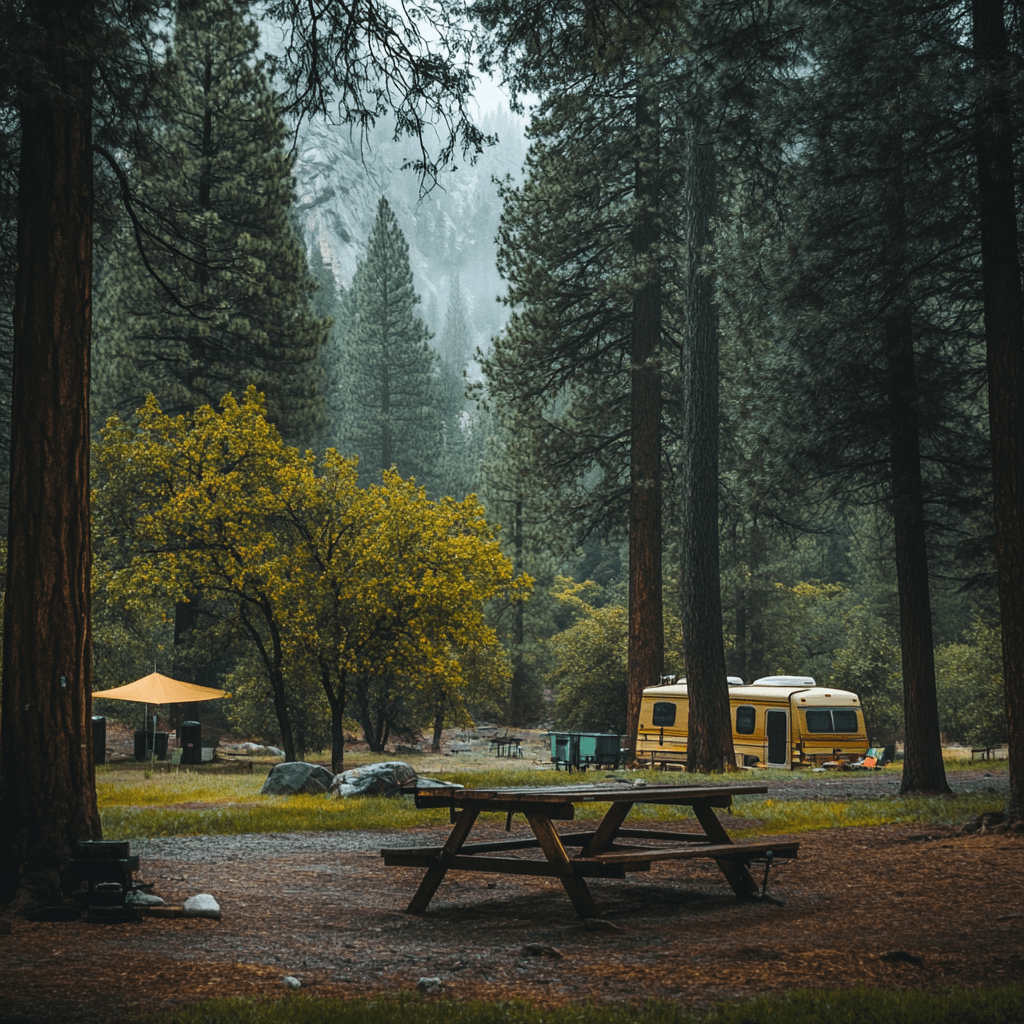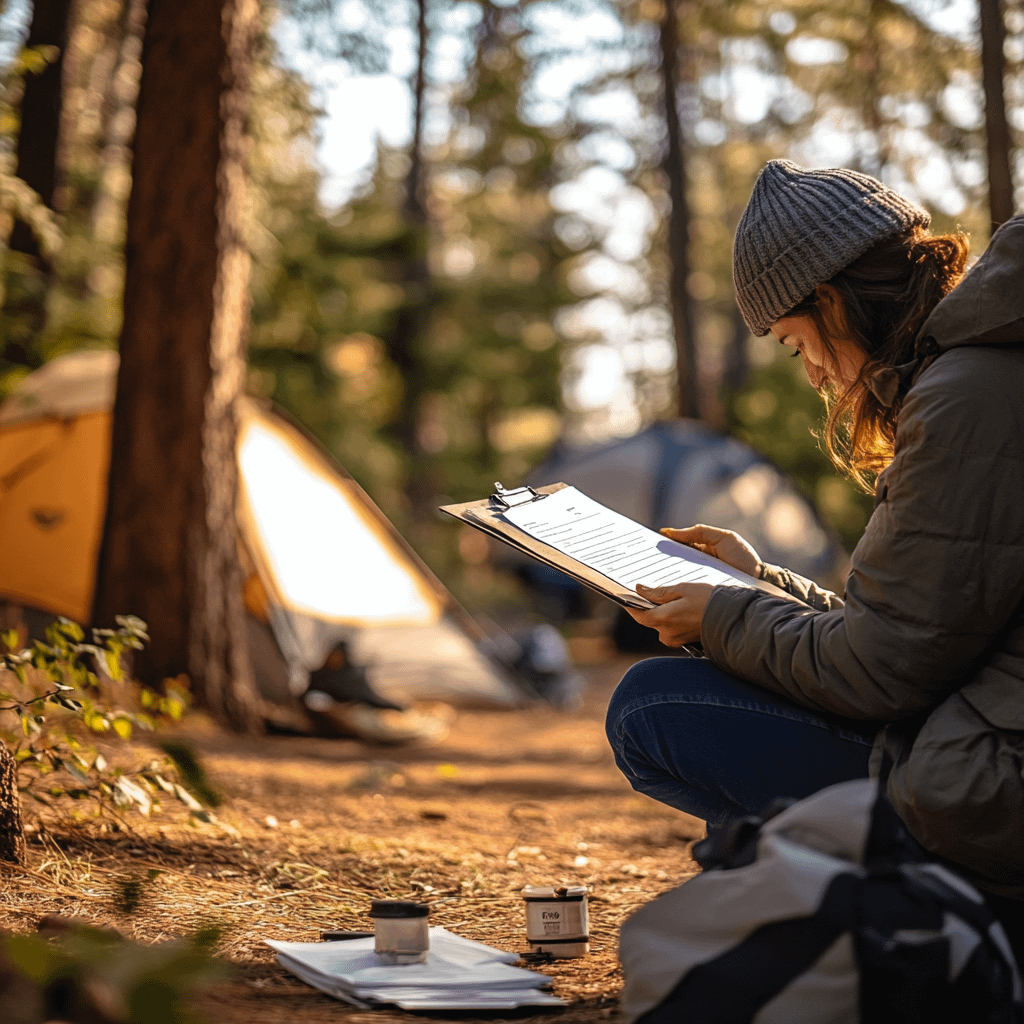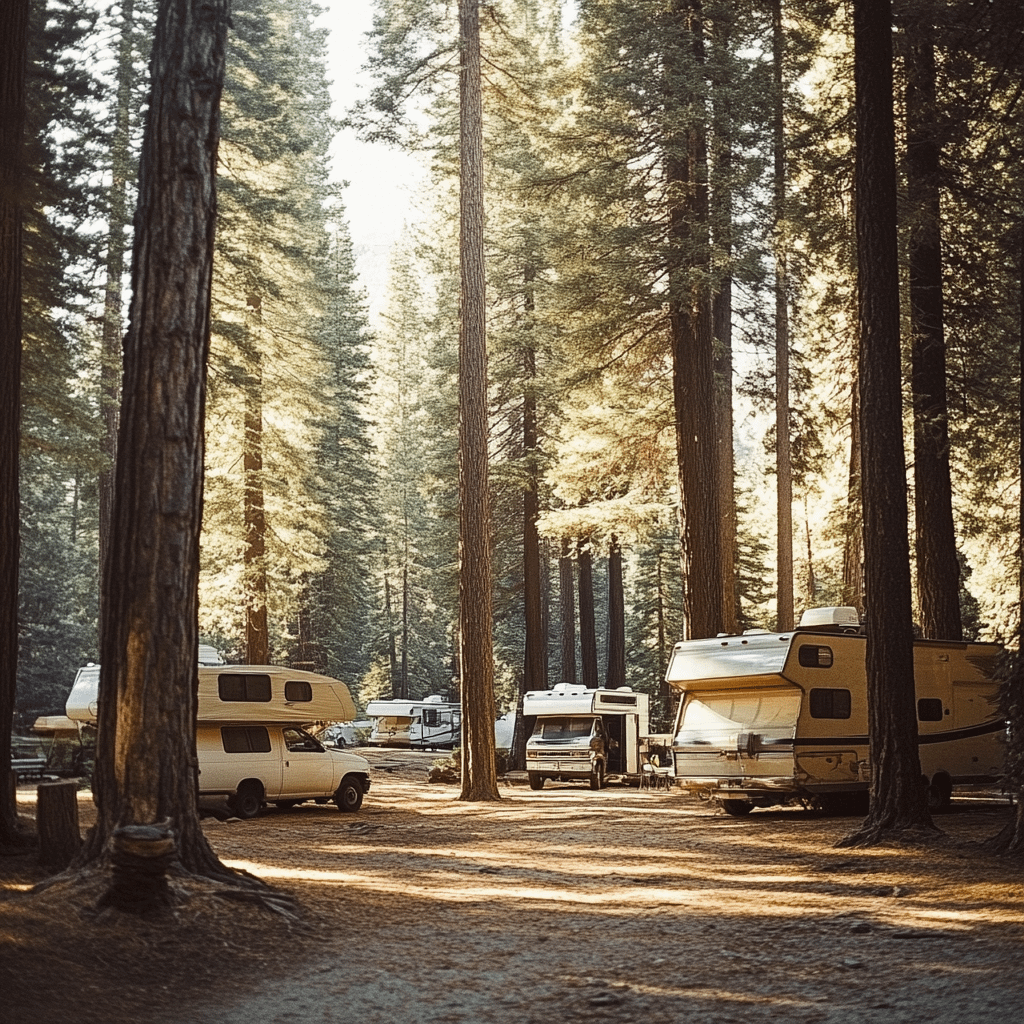
 Trusted Content
Trusted Content
Key Takeaways
- You may be able to sue a campground, public or private, if your injury was caused by unsafe conditions and the operator’s negligence.
- Liability waivers don’t always protect campground owners from legal action, especially in cases of gross negligence or preventable hazards.
- Campground injury claims are complex, particularly on public land, and often require legal help due to strict deadlines and government immunity rules.
Camping is supposed to be a chance to unwind, explore nature, and make memories. Unfortunately, serious injuries can happen, especially when the people responsible for maintaining the campground fail to do their job.
If you’ve been hurt in a campground accident caused by negligence, you might be able to hold the responsible party accountable. Whether it’s a state-run park or a private campground, understanding your rights and the risks involved is the first step toward protecting yourself and your recovery.
The Growing Risks of Lake Tahoe Camping
Every year, Lake Tahoe receives about two million visitors. Many spend at least part of their trips camping in Lake Tahoe at campgrounds operated by state and federal governments.
On the California side of the lake, Emerald Bay State Park, D.L. Bliss State Park, and Tahoe State Recreation Area are popular spots for travelers. Meanwhile, on the Nevada side, many visitors prefer areas like Zephyr Cove Resort and Sand Harbor. However, there are growing safety concerns regarding these destinations.
Recent staffing cuts in national parks have led to many campgrounds being closed, which could lead to further overcrowding in areas that are already well beyond capacity. For instance, last year, The Nevada Independent reported that Sand Harbor sees more than 3,000 visitors per day, despite having been designed to accommodate just 1,200.
This increased volume of visitors raises the risk of accidents and injuries, not only those which may be caused by visitors themselves but those that are the result of poorly maintained facilities, paths, and other areas.
Sand Harbor sees more than 3,000 visitors per day, despite having been designed to accommodate just 1,200.
Common Types of Campground Accidents and Injuries
Lake Tahoe camping accidents can happen in many ways, including the following:
- Slips, trips, and falls: Whether caused by wet surfaces or ill-maintained paths, these accidents can lead to strains or sprains, fractures, or brain injuries.
- Human-created fires: Falls into campfires or fires that spread out of control can cause burns.
- Structural hazards: When cabins, docks, or other structures are poorly maintained, it can lead to collapsing or falling objects that cause a range of injuries, from fractures to lacerations.
- Animal attacks: Dangerous animals, whether wild or domesticated, can cause a variety of injuries, such as lacerations, punctures, and broken bones.
- Water-related injuries: Incidents such as falls into water can lead to drowning or near-drowning.
These accidents can cause injuries that take months or even years to recover from, and may even leave an individual with permanent disabilities.
Can You Sue a Campground for an Injury?
If you suffered an injury on a campground through no fault of your own, you may have a viable legal claim. Under the concept of premises liability or dangerous condition of public property, visitors can pursue compensation for an injury if they are able to prove that the entity responsible for managing the premises acted negligently and that negligence caused the injury.
For example, if a campground operator is told about an issue regarding water on a bathroom floor due to a leak, they must take measures to protect visitors from that hazard. This may include mopping up the water, fixing the leak, closing the bathroom, or posting warning signs. If, however, they fail to take any action, they may be held liable for a resulting injury.
There are, however, significant differences in the legal standards applicable in a lawsuit against a private campground versus one against a public campground, and you should consult an attorney to discuss how those differences may impact your case.

What You Need to Prove in a Campground Injury Case
In order to file a successful campsite accident claim, you’ll need to show that the party responsible for managing the property was negligent—and that their negligence directly caused your injury.
Campground accident cases generally involve proving four key elements:
- Duty of care: The campground operator had a legal responsibility to maintain reasonably safe conditions for visitors.
- Breach of duty: They failed to meet that responsibility, for example, by not repairing a known hazard on a walking path or failing to post a warning sign.
- Causation: That failure directly led to your injury.
- Damages: You experienced harm as a result, such as physical injuries, medical expenses, or lost wages.
Proving these elements can be complex, especially when it comes to breach of duty. It’s not enough to show that a hazard existed; you must demonstrate that the operator knew (or should have known) about it and failed to act appropriately.
Evidence often plays a critical role in these cases. Photos or videos of the hazard, witness statements, maintenance logs, and medical records can all help establish what happened and how the injury occurred.
What Happens if the Accident Takes Place on a Public Campground?
The California, Nevada, and federal governments have broad immunity from lawsuits arising from injuries on public property. However, there are exceptions to those immunity protections that apply to particular cases presenting the requisite factual circumstances. If you have been injured at a public campground, it is important that you promptly reach out to an attorney to discuss your case because the deadline to make a claim against a public entity may be as short as six months from the date of the injury. If you believe you have a claim, seek a legal consultation so that you are not forever time-barred from recovering a monetary compensation for your injuries.
What if You Signed a Campground Liability Waiver?
A campground liability waiver doesn’t necessarily forestall all legal claims. Waivers can be found unenforceable. Moreover, some conditions can’t be waived. For example, if a campground operator is grossly negligent by allowing a leaking propane tank to explode, they may still be liable even though campers signed liability waivers.
The most common type of accident covered by liability waivers arises from natural conditions. For example, if you tripped over a tree root near your campsite and were injured, the campground would likely argue that the liability waiver nullifies your accident claim.
Nevertheless, you should never assume that a liability waiver denies you certain rights. You might have the right to seek compensation for your injury, so consider speaking with a qualified attorney.

Do You Need a Lawyer for a Campground Accident?
You’re not required to have a lawyer for a campground injury claim, but working with one can have a significant influence on the success of your case. Campground accident claims can be complicated. It’s not always clear who’s responsible, especially when public agencies or private contractors are involved. And even when liability seems obvious, insurance companies may still try to minimize your payout or shift blame onto you.
At Porter Simon Sierra Injury Lawyers, our attorneys can help you:
- Identify the responsible party
- Evaluate the strength and value of your case
- Push back against unfair insurance company tactics
- Defend against claims that you were at fault
In addition, both California and Nevada follow a legal rule called comparative negligence. This means your compensation can be reduced if you’re found partially responsible. For example, if a court determines that you were 35% at fault, you could only recover 65% of your damages. We work to eliminate or reduce any share of blame assigned to you.
Additionally, if your injury happened at a public campground, special rules may apply. Claims involving government agencies often have shorter deadlines and must go through different legal channels. Our team has experience navigating these types of cases in both California and Nevada.
If You’ve Suffered From a Campground Accident in California or Nevada, Call Porter Simon Sierra Injury Lawyers Today
Campground operators, including government agencies, can be held liable for injuries stemming from their negligence. Even if you signed a liability waiver, you may have the right to seek compensation for your campground injury. Contact our firm to discuss your accident and whether you can bring an injury claim.
Article Sources
-
North Lake Tahoe Official Visitors Bureaus
https://visitinglaketahoe.com/facts/ -
San Francisco Chronicle
https://www.sfchronicle.com/outdoors/article/california-state-park-visitors-20288753.php -
The Nevada Independent
https://thenevadaindependent.com/article/how-officials-are-grappling-with-overcrowding-at-tahoes-sand-harbor






